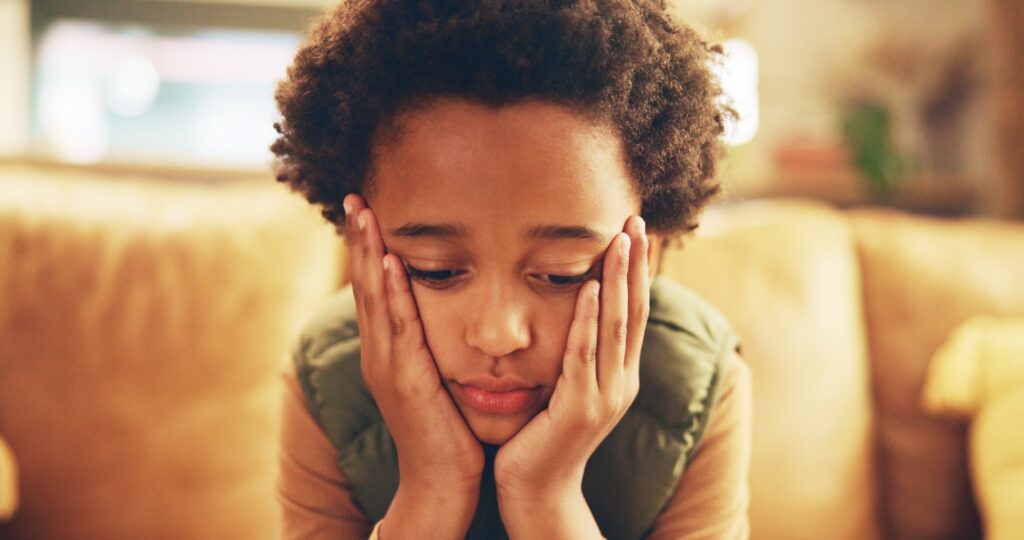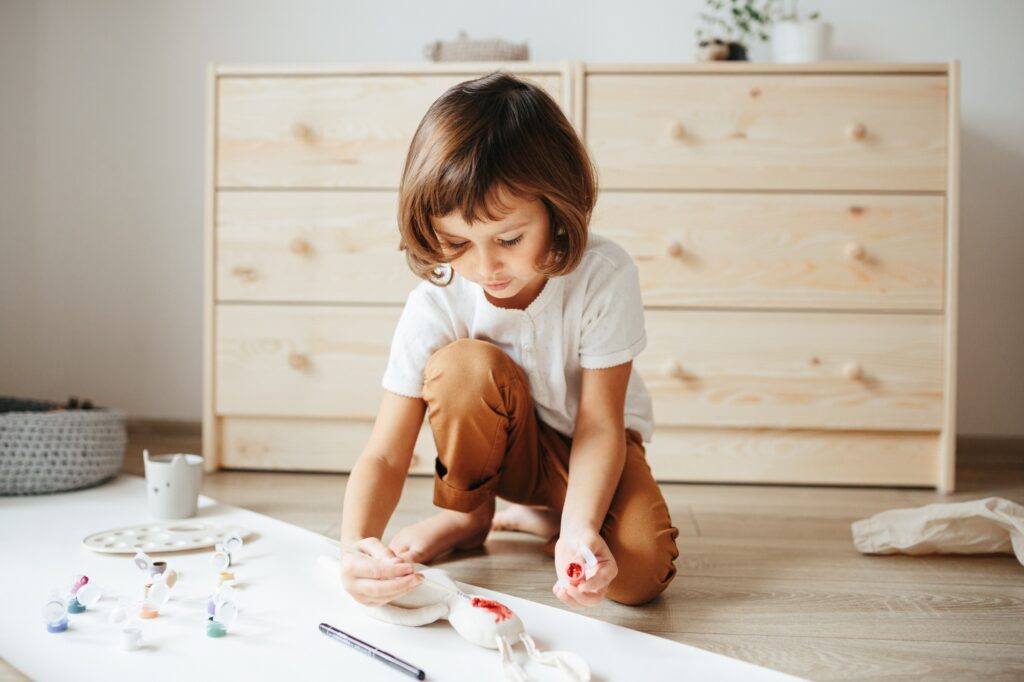Therapy for Children
Child & Adolescent Therapy (Ages 4–17)

Ideal for: Children and teens facing anxiety, depression, behavioral issues, or emotional regulation challenges.
Understanding Behavioral Issues & Emotional Regulation Challenges
Children and teens often struggle with both behavioral issues and emotional regulation. These challenges are deeply connected and often stem from difficulty expressing and managing emotions in healthy ways.
Behavioral Issues
When children act out, whether through defiance, tantrums, or aggression, it often stems from unprocessed emotions. A child might lash out because they don’t know how to express their anxiety or frustration appropriately. Behavioral issues often arise when emotions are overwhelming, and the child doesn’t have the tools to regulate or communicate what they’re feeling.
Emotional Regulation
Emotional regulation is the ability to manage and express emotions in a healthy way. When children lack these skills, they may struggle with outbursts, sadness, or anxiety. They might act out or withdraw because they simply don’t know how to talk about their emotions or handle difficult feelings. This leads to behavioral struggles that often frustrate both the child and the parents.
While behavioral issues are often the result of emotional struggles, both emotional regulation and behavior problems can also impact a child’s relationships. When a child can’t express their emotions clearly, it may cause misunderstandings or tension in family dynamics, making it even harder to manage symptoms like anger, anxiety, or sadness.
Therapy is focused not only on addressing behaviors, but also on strengthening the emotional connections between your child, you, and others around them. When children learn to express their feelings clearly and feel heard, they can manage their emotions more effectively, which ultimately reduces behavioral problems and fosters stronger, more supportive relationships.
We invite you to join our conversations online by visiting our Facebook page.
If you have questions, or want to schedule an appointment, click here.
Our Therapeutic Approaches
We use relationship-focused therapeutic approaches to help children and teens regulate their emotions while improving their connections with others:
Dialectical Behavior Therapy (DBT)
DBT focuses on developing emotional regulation and interpersonal skills. Children and teens struggling with intense emotions—such as anger, sadness, or fear—can benefit from learning how to manage these emotions in a healthy way while building stronger relationships with others.
In session: Your child will practice mindfulness and emotion regulation techniques, such as self-soothing and assertive communication, helping them express their needs without escalating conflicts or withdrawing.

Cognitive Behavioral Therapy (CBT)
CBT helps children identify and challenge negative thought patterns that lead to emotional distress or problematic behaviors. By learning to change these patterns, children can express their feelings in healthier ways, leading to better relationships with family, friends, and peers.
In session: Your child will learn to recognize emotional triggers, practice verbalizing their feelings, and replace unhealthy thought patterns with positive, constructive ones.
Play Therapy (for younger children)
For younger children (ages 4-8), play therapy provides a nonverbal way to express emotions. Play allows children to explore their feelings in a safe space, helping them understand and process their emotions in a way they can’t yet do with words.
In session: Through play-based activities, children express emotions they may struggle to verbalize. This builds their confidence in sharing their feelings and strengthens emotional bonds with caregivers.
What Parents Can Expect
Collaborative Approach
Parent Coaching & Support
Parenting a child with emotional struggles can be challenging. In therapy, we provide guidance on how to respond to your child’s emotions in a way that fosters connection. This may involve learning to listen actively, validate their feelings, and set healthy emotional boundaries.
Improved Family Relationships
Practical Tools for Home
You’ll receive easy-to-use strategies for reinforcing the work done in therapy. This might include emotional coaching, using calming techniques during difficult moments, and fostering open communication in your home. The goal is to create an environment where everyone’s emotions are understood and respected.
Take the Next Step
Contact us today to schedule an appointment or free consultation and learn how we can support you or your loved one in achieving long-term success.
